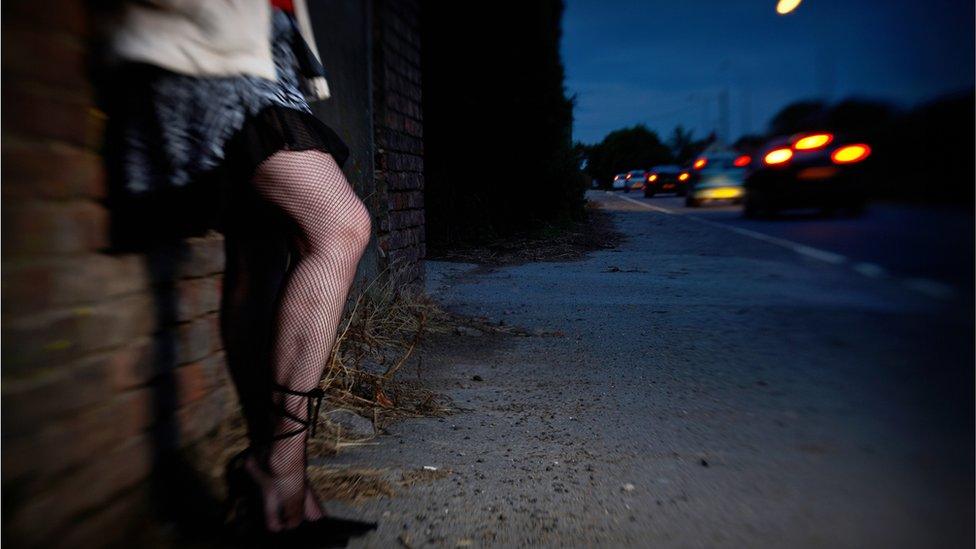The woman aiming to drive change in the sex industry
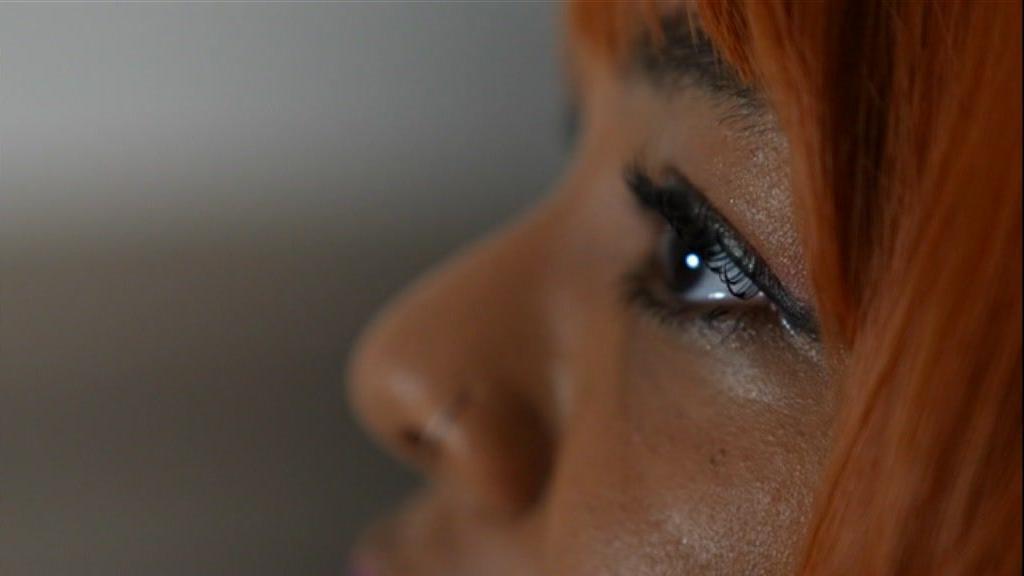
Alana, a sex worker, told the BBC of how a client sexually assaulted her
- Published
Crimes against sex workers have, historically, been under-reported, but now the workers, researchers and a charity have teamed up to fight for change.
Alana arrives for our interview with a bag for life full of lacey underwear, knee-high boots and a leather whip.
She initially seems nervous, but begins to relax when we start talking about her job.
Alana is the name she has given herself - an identity to separate her work self from her everyday life as a mum.
"At the end of the day, we take all our make-up off, and go back to shopping at Asda, or do the school run," she says.
Alana, from Derbyshire, has had jobs in the NHS and the leisure industry, but now is someone who chooses to make her living through selling sex.
However, she accepts this type of work can make her and others vulnerable, especially as some sex workers don't get to make the same choices.
Alana counts herself lucky she has only been attacked once in three years - when she had a client insert drugs inside her without her consent.
'Taken away'
It was a convenient booking on her way home, but Alana said her gut feeling was telling her something was not right.
She said it was clear the seemingly "just normal" middle-aged man had been taking drugs before she arrived.
"He got pushier and pushier, and he forcefully pushed my head on to him," Alana says.
He got more sexually aggressive with her, but rather than leave, she said she stayed for the full hour's booking to stop him getting angry.
"It wasn't a situation I thought I could safely get away from," Alana says.
She had to seek medical treatment after the assault, but like many other crimes against sex workers, Alana didn't report it.
"I don't think a police report would have led to anything," she says.
She says there is a stigma attached to her work, and felt people would blame her for putting herself in that situation.
She said the day had a lasting effect.
"I felt as if something had been taken away from me," she says.
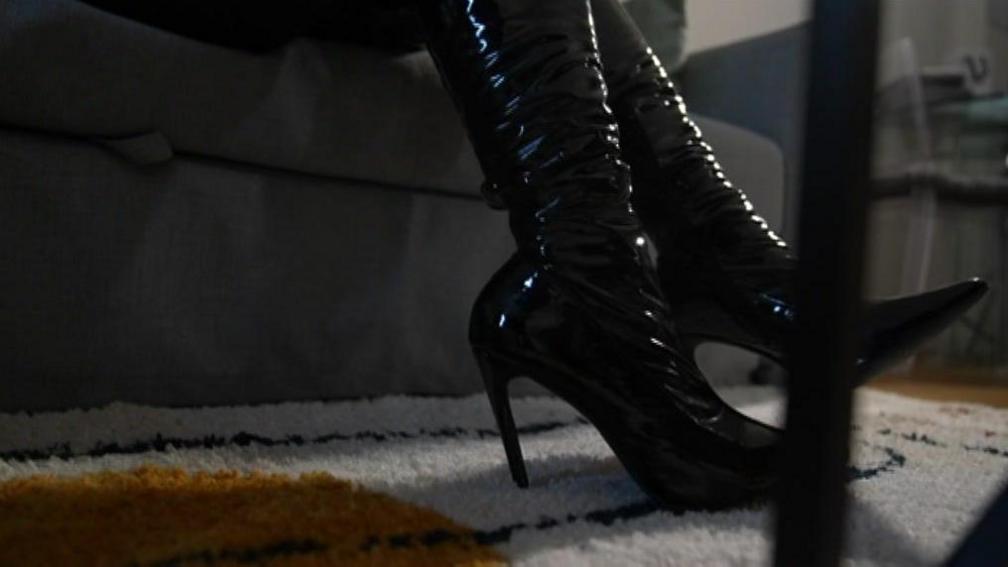
Alana said she was worried about reporting the assault to the police
Alana's story is not an isolated one.
Studies have shown that crime, and specifically violent crime, against those selling sex is more likely than against the general population.
A study, external from 2016 said 47% of online sex workers surveyed had experienced some form of crime against them.
This ranged from harassment to robbery, rape, physical assault and attempted abduction.
Another 1999 study, called Risky Business: Health and Safety in the Sex Industry, saw 402 sex workers surveyed over a nine-year period, and found their mortality rate was 12 times that of women of a similar age.
"Because of the stigma, we just get a lot of concentrated violence," says Alana.
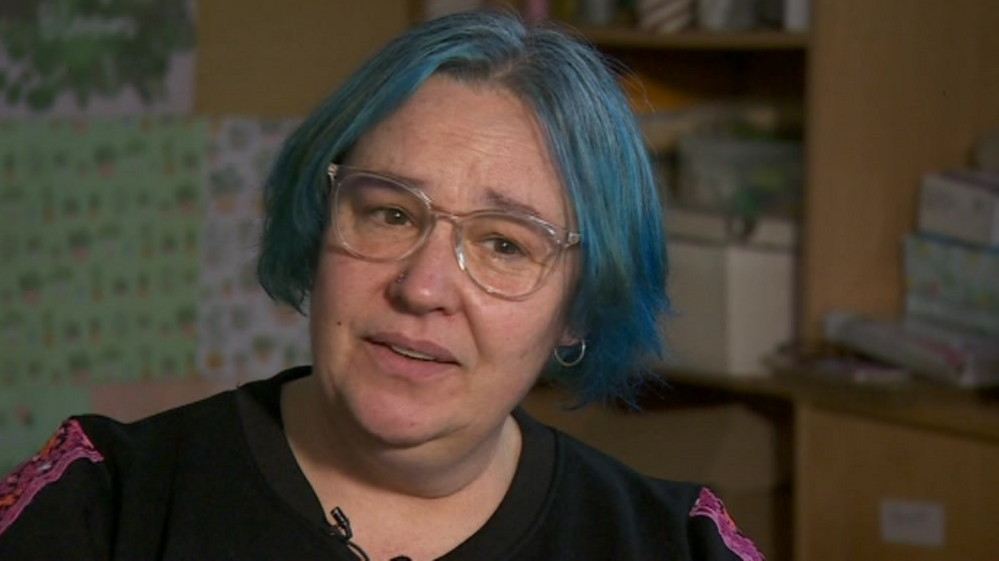
Dr Larissa Sandy, from the University of Nottingham, wants all sex work to be decriminalised
However, Alana is now helping to drive change.
She is one of a few sex workers who have been recruited on to an advisory panel for research aimed at improving their safety.
The University of Nottingham is helping to develop a reporting system for sex workers to use when they have experienced sexual or violent crime.
It is now in its later stages of development, and it is hoped it will be rolled out to agencies, including the police, later this year.
Dr Larissa Sandy, an assistant professor in criminology, is heading up the work.
She has also pushed for the decriminalisation of sex work in her native Australia., external
Other nations who have opted to relax their laws include Germany and New Zealand, although there has been criticism that it has boosted sex tourism and fuelled human trafficking.
But Dr Sandy said: "It's the police who enforce the law, so decriminalising sex work would stop sex workers thinking they will get in trouble for reporting crime and ultimately keep workers safer."
She added one of the barriers to reporting crime was the law being confusing.
'People judged'
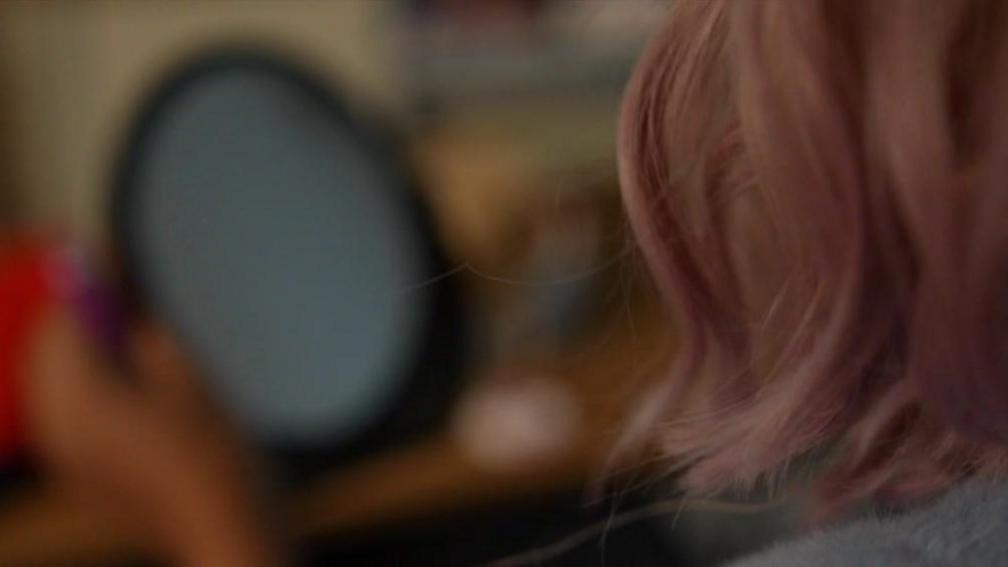
Alana now sits on an advisory panel, helping with research into reporting crimes against sex workers
According to the Metropolitan Police, external, the exchange of sexual services for money is legal in the UK - apart from in Northern Ireland, where it's illegal to pay for sex.
But there are related activities that are illegal, such as advertising sexual services and owning or managing a brothel.
The Crown Prosecution Service (CPS), external say its focus is not to prosecute sex workers themselves, but those who force or exploit others.
The CPS even say offenders often deliberately target sex workers, external "in the belief that they are unlikely to report crime or support a prosecution".
However, Alana says a lot of shame comes with these grey areas.
She says: "Most people have sex, so why are people judged when they do it for money?"
'We see sex work as work'
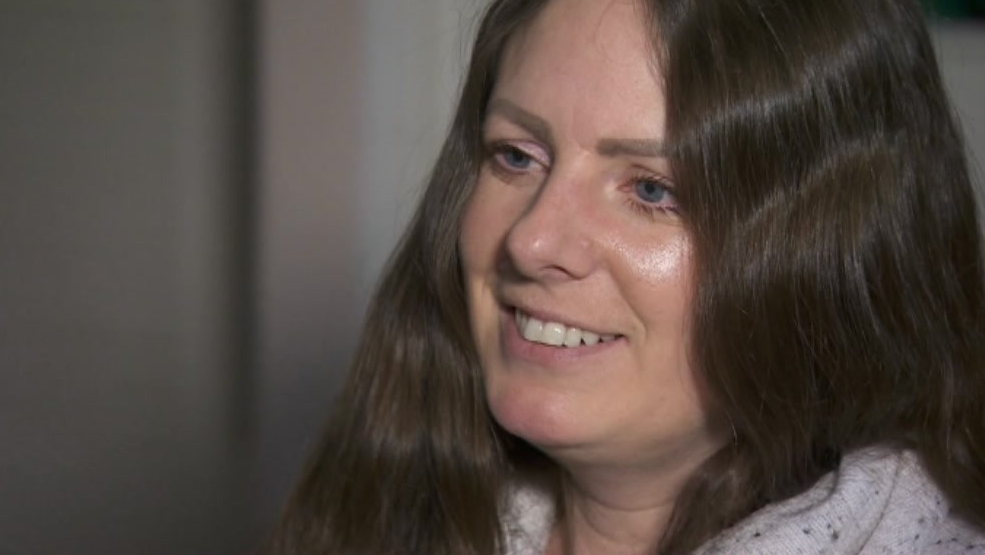
Jessica Brannan runs the prostitution outreach service (POW) in Nottingham
Jessica Brannan, who runs the prostitution outreach service (POW) in Nottingham, says "[sex work] isn't illegal, but it's often judged as immoral".
That shame, along with fear of punishment and not being believed, stops sex workers from reporting crimes, she says.
POW has been supporting on-street and off-street workers since 1990, but have struggled to get many convictions against perpetrators.
"There's not a week that goes by without a violent attack on one of the women or men that we support, but none of those cases have been to court," she says.
"We see sex work as work and hard work. We want our clients to speak out honestly about what they are experiencing."
Alana agrees. She wants to be seen as a valuable, contributing member of the workforce, and thinks everyone selling sex should be treated better by society.
"I pay tax and national insurance," she says.
"Sex workers are not disposable. It would just be nice if it were treated as a normal job."
Related topics
- Published8 June 2023
